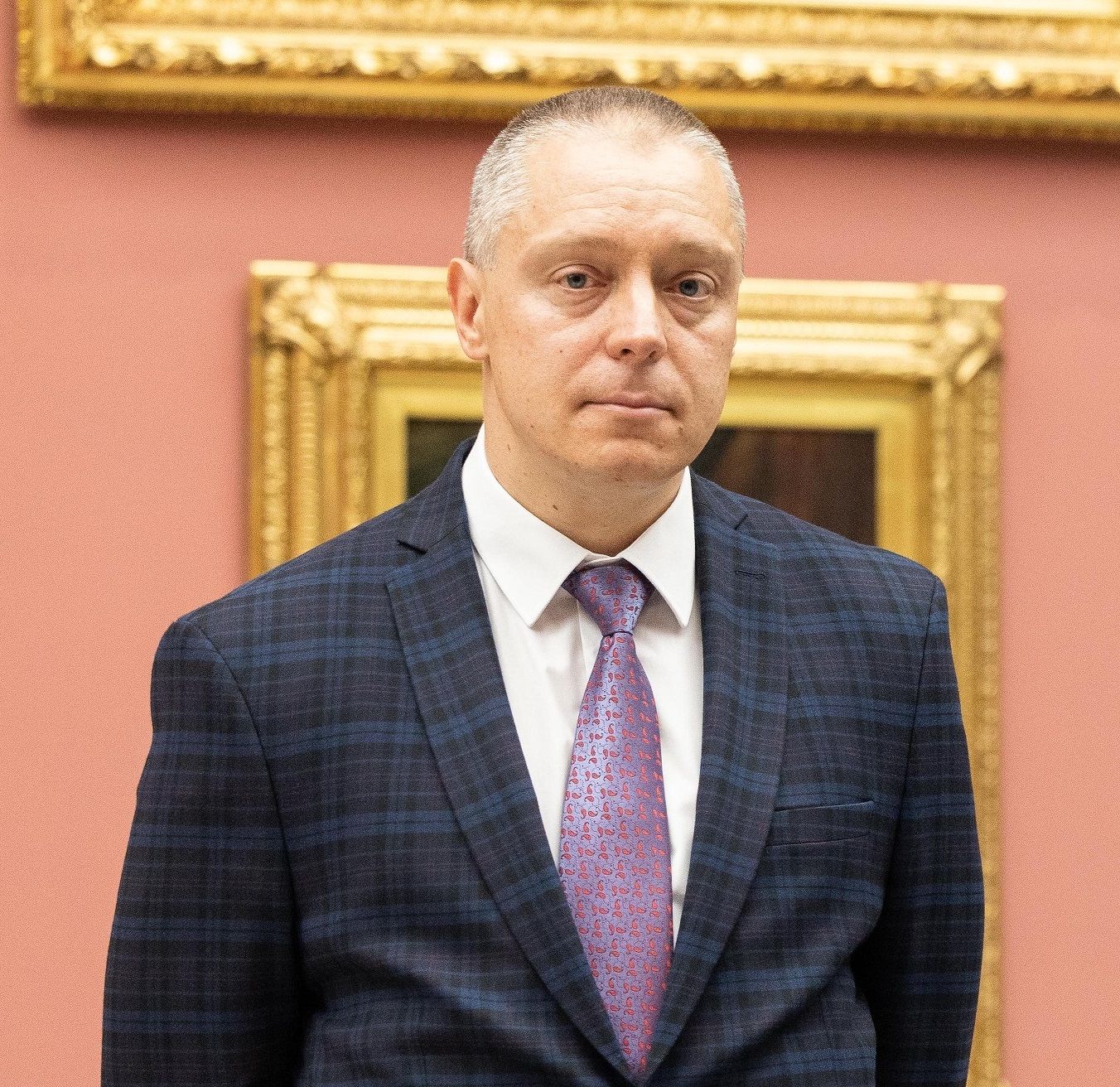4 January 2023
The National Science Centre (NCN), in cooperation with the JPND network (EU Joint Programme – Neurodegenerative Disease Research), is pleased to announce a call for international research projects with the aim of improving the understanding of the complex and multifactorial pathogenesis of neurodegenerative diseases through multi-OMICS and Big Data approaches designed to find new drug targets and target biomarkers for the development of tailored and personalised treatment approaches to neurodegenerative diseases. The title of the JPND Call 2023 is: Large scale analysis of OMICS data for drug-target finding in neurodegenerative diseases
Funding proposals may be submitted by international consortia composed of at least 3 (and no more than 7 ) research teams from at least 3 countries participating in the call. The principal investigator of the Polish research team must hold at least a PhD degree.
Countries participating in the call: Austria, Belgium, the Czech Republic, France, Spain, the Netherlands, Ireland, Israel, Canada, Luxembourg, Germany, Poland, Slovakia, Sweden, Turkey, Hungary, Italy.
Due to the Russian invasion of Ukraine, the NCN Council has decided that proposals submitted to NCN calls must not provide for any collaboration between Polish and Russian entities. Where such collaboration is planned, the proposal may be rejected.
The application procedure:
First stage:
Joint pre-proposals must be submitted to the electronic submission system of the JPND network. At this stage, Polish applicants submit no documents to the NCN.
Second stage:
- International level: a joint full proposal drafted by the Polish research teams in cooperation with the foreign partners (in English) and submitted to the electronic submission system of the JPND network.
- National level: an NCN proposal concerning the Polish part of the project drafted by the Polish research team and submitted to the NCN electronically via the OSF electronic submission system within 7 days of the joint full proposal submission date at the international level.
Call Timeline:
- Submission deadline for joint pre-proposals: 7 March 2023, 12 noon CET
- Call for joint full proposals: May 2023
- Submission deadline for joint full proposals: 27 June 2023, 12 noon CET
- Submission deadline for NCN proposals in OSF: 4 July 2023
- Call results: October 2023
Under the JPND Call 2023, funds can be awarded for salaries of the research team members, salaries and scholarships for students and PhD students, purchase or manufacturing of research equipment and other costs crucial to the research project.
The total funding allocated by the NCN for research tasks to be performed by the Polish research teams under the call is 1,000,000 EUR
The EUR budget for the Polish part of the research project in the joint proposal must be calculated according to the following exchange rate: 1 EUR = 4.7146 PLN.
Please read:
- the call documents on the website of the JPND network (applicable to all applicants in the call);
- information for applicants below and annexes hereto (applicable only to applicants requesting NCN funding).
Show all»
Hide all«
Proposals in the call may be submitted by entities specified in the Act on the National Science Centre, namely:
- universities,
- federations of science and HE entities,
- research institutes of the Polish Academy of Sciences operating pursuant to the Act on the Polish Academy of Sciences of 30 April 2010 (Journal of Laws of 2020, item 1796, as amended),
- research institutes operating pursuant to the Act on Research Institutes of 30 April 2010 (Journal of Laws 2020, item 1383, as amended),
- international research institutes established pursuant to other acts and acting in the Republic of Poland,
5a. Łukasiewicz Centre operating pursuant to the Act on the Łukasiewicz Research Network of 21 February 2019 (Journal of Laws 2020, item 2098),
5b. institutes operating within the Łukasiewicz Research Network,
- Polish Academy of Arts and Sciences,
- other entities involved in research independently on a continuous basis,
- groups of entities (at least two entities mentioned in sections 1-7 or at least one institution as such together with at least one company),
- scientific and industrial centres laid down in the Act on Research Centres of 30 April 2010 (Journal of Laws 2020, item 1383, as amended),
- research centres of the Polish Academy of Sciences laid down in the Act on the Polish Academy of Sciences of 30 April 2010 (Journal of Laws 2020, item 1796),
- scientific libraries,
- companies operating as R&D centres laid down in the Act on Certain Forms of Support for Innovation Activities of 30 May 2008 (Journal of Laws 2021, item 706),
- legal entities with registered office in Poland,
13a. President of the Central Office of Measures,
- natural persons and
- companies conducting research in other organisational form than set forth in sections 1-13a.
If research projects are carried out by two or more Polish partners applying for NCN funding, they must set up a group of entities (see item 8 above) and as such submit NCN proposals. An NCN proposal is submitted by a leader specified in the research project cooperation agreement concluded by the group of entities. An institution employing the principal investigator acts as the leader of the group of entities.
Please note: If, pursuant to Article 27 (1) (2) of the NCN Act, Polish entities cannot set up groups of entities, they are not eligible to apply for NCN funding of a joint research project.
A template research project cooperation agreement
Proposals submitted to the call (Large scale analysis of OMICS data for drug-target finding in neurodegenerative diseases) must focus on one or several of the following neurodegenerative diseases:
- Alzheimer’s disease and other dementias,
- Parkinson’s disease and PD‐related disorders,
- Prion diseases,
- Motor neuron diseases,
- Huntington’s disease,
- Spinocerebellar ataxia (SCA),
- Spinal muscular atrophy (SMA).
The subjects of the call cover research in the following areas:
- using the potential from existing animal and cellular models and cohorts, including available data and biomaterial, for conducting large-scale OMICS approaches to unravel the interplay and interactions of molecules from multiple molecular levels driving disease pathogenesis;
- better understanding the complex and multi-factorial mechanisms of disease onset and progression as well as the corresponding influencing factors;
- translating the findings from Big Data analysis and multi-OMICS approaches to existing animal and cellular models, thereby enhancing the potential of these models;
- identification of new drug targets or novel starting points for pharmacological interventions and prevention;
- sharpening the current understanding of disease definition, thus leading to enhanced sub-classification and better patient stratification;
- identification of novel and validation of already established biomarkers.
More information on the subject of the call can be found in the JPND Call 2023 announcement.
Please note: Polish researchers may apply for NCN funding of their basic research projects for the purposes of Article 2 (1) of the NCN Act.
NCN proposals comprising research tasks overlapping with research tasks to be carried out in another proposal that has been already submitted in any NCN call or with respect to which an appeal has been initiated, may only be submitted once the funding decision has become final.
Research projects may be planned in the call for a period of either 24 or 36 months.
Apart from the principal investigator, research tasks may be performed by co-investigators, including students, PhD students and post-docs.
A post-doc type postition is a full-time postition, scheduled by the project’s principal investigator for a person who has been conferred a PhD degree within 7 years prior to the year of employment in the project. This period may be extended pursuant to the Types of costs in research projects funded by the National Science Centre under international calls carried out as multilateral collaboration UNISONO.
Please note: Persons employed as post-docs must have their PhD degree awarded by another institution than the one employing them at this post or must have completed a continuous and evidenced post-doctoral fellowship of at least 10 months in another institution than the host institution for the project and in another country than the one in which they have been conferred a PhD degree. Persons employed as post-docs in the project must be recruited in an open call procedure.
PhD students who are NCN-scholarship grantees must be recruited in an open call procedure.
An international expert team will review the relevance of involvement of particular members of the research team in the project. The competences and tasks to be performed by particular members of the research team must be described in the proposal. For more information on the budget for salaries and scholarships, please read the Types of costs in research projects funded by the National Science Centre under international calls carried out as multilateral collaboration UNISONO.
The terms of the call do not specify the maximum number of research team members.
Scholarship grantees and post-docs must not be named in either joint or NCN proposals.
The project budget must be justified as regards the subject and scope of research and based on realistic calculations. The budget must include expenditures eligible for funding from NCN resources (the so-called eligible costs).
The terms of the call do not specify the minimum or maximum (total) funds that may be requested.
The budget in the NCN proposal must be quoted in PLN, while the budget in the joint proposal, in EUR.
The EUR budget for the Polish part of the research project in the joint proposal must be calculated according to the following exchange rate: 1 EUR = 4.7146 PLN.
The project budget (eligible costs) include direct and indirect costs.
Direct costs include:
- remuneration for the principal investigator;
- remuneration for co-investigators in the project:
- full-time remuneration for post-docs,
- salaries and scholarships for students and PhD students,
- the so-called additional remuneration for members of the research team. If the principal investigator is not to be employed full-time in the project, his/her remuneration is paid from the pool allocated for additional remuneration;
- purchase or construction of research equipment, devices and software;
- purchase of material and small equipment;
- outsourced services;
- business trips, visits and consultations;
- compensation for collective investigators and
- other costs crucial to the project according to the Types of costs in research projects funded by the National Science Centre under international calls carried out as multilateral collaboration UNISONO.
Please note: The costs of publication of monographs (as defined in §10 of the Regulation on Evaluation of the Quality of Research Activity passed by the Minister of Science and Higher Education on 22 February 2019 (Journal of Laws 2019, item 392) resulting from research projects may only be incurred following a positive review by the NCN.
Indirect costs include:
- indirect cost of Open Access (up to 2% of direct costs) that may be designated only for the cost of open access to publications or research data;
- other indirect costs (up to 20% of direct costs) that may be spent on costs that are related indirectly to the research project, including the cost of open access to publications and research data.
Please note: The costs of open access to publications may only be incurred as indirect costs. The cost of open access planned as direct costs will be regarded as a formal error.
Where unjustified costs are planned, the proposal may be rejected.
More information on the costs in research projects funded by the National Science Centre in international calls carried out as multilateral collaboration UNISONO
Please note: We recommend that Polish applicants should consult the budget table of the Polish part of the project with the NCN. The budget table in .xlsx format should be sent to alicja.dylag@ncn.gov.pl by 17 February 2023.
Together with other European research-funding institutions, the National Science Centre is a member cOAlition S. Therefore, the NCN has adopted an “Open access policy” pursuant to which all research results stemming from NCN-funded research projects must be made available in immediate open access.
In accordance with the principles of Plan S, the National Science Centre recognises the following publication routes as compliant with its open access policy:
- Publication in open access journals and on open access platforms registered, or with pending registration, in the Directory of Open Access Journals (DOAJ);
- Publication in subscription journals (hybrid journals), as long as the Version of Record (VoR) or the Author Accepted Manuscript (AAM) is published, by the author or publisher, in an open repository immediately upon the article’s online publication;
- Publication in journals covered by an open access licence within the framework of so-called transformative agreements, inscribed in the Efficiency and Standards for Article Charges registry (ESAC-registry).
More information on Open Access publication can be found here.
Only joint proposals are subject to merit-based evaluation performed by an international expert team created by the JPND network. For more information on the evaluation of proposals, please go to the call announcement available at the website of the JPND network.
The JPND Call 2023 will be concluded in October 2023. Firstly, project coordinators will be notified of the outcome. Polish research teams will be notified of the results by way of a decision of the NCN Director.
In the event of a breach of the call procedure or other formal infringements related to actions performed by the NCN, the applicants may lodge an appeal against the decision of the NCN Director with the Committee of Appeals of the NCN Council.
For more information on the call, please go to the website of the JPND network. The terms and regulations on awarding NCN funding in the call are laid down in the Annex to NCN Council Resolution No 28/2022.
Should you have any questions or queries, please contact us by e-mail or by phone:
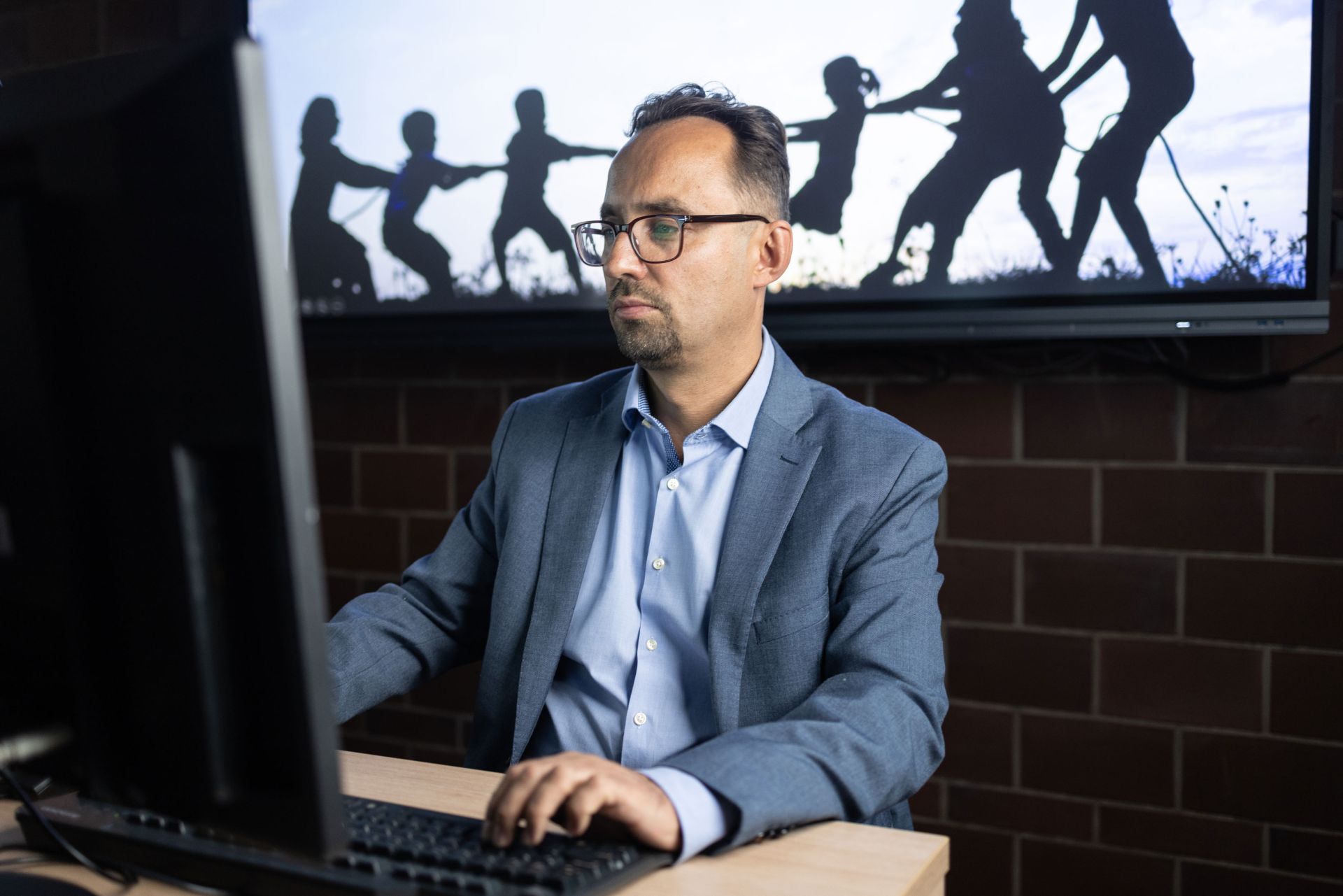 fot. Michał Łepecki, prof. dr hab. Maciej Mitręga
fot. Michał Łepecki, prof. dr hab. Maciej Mitręga
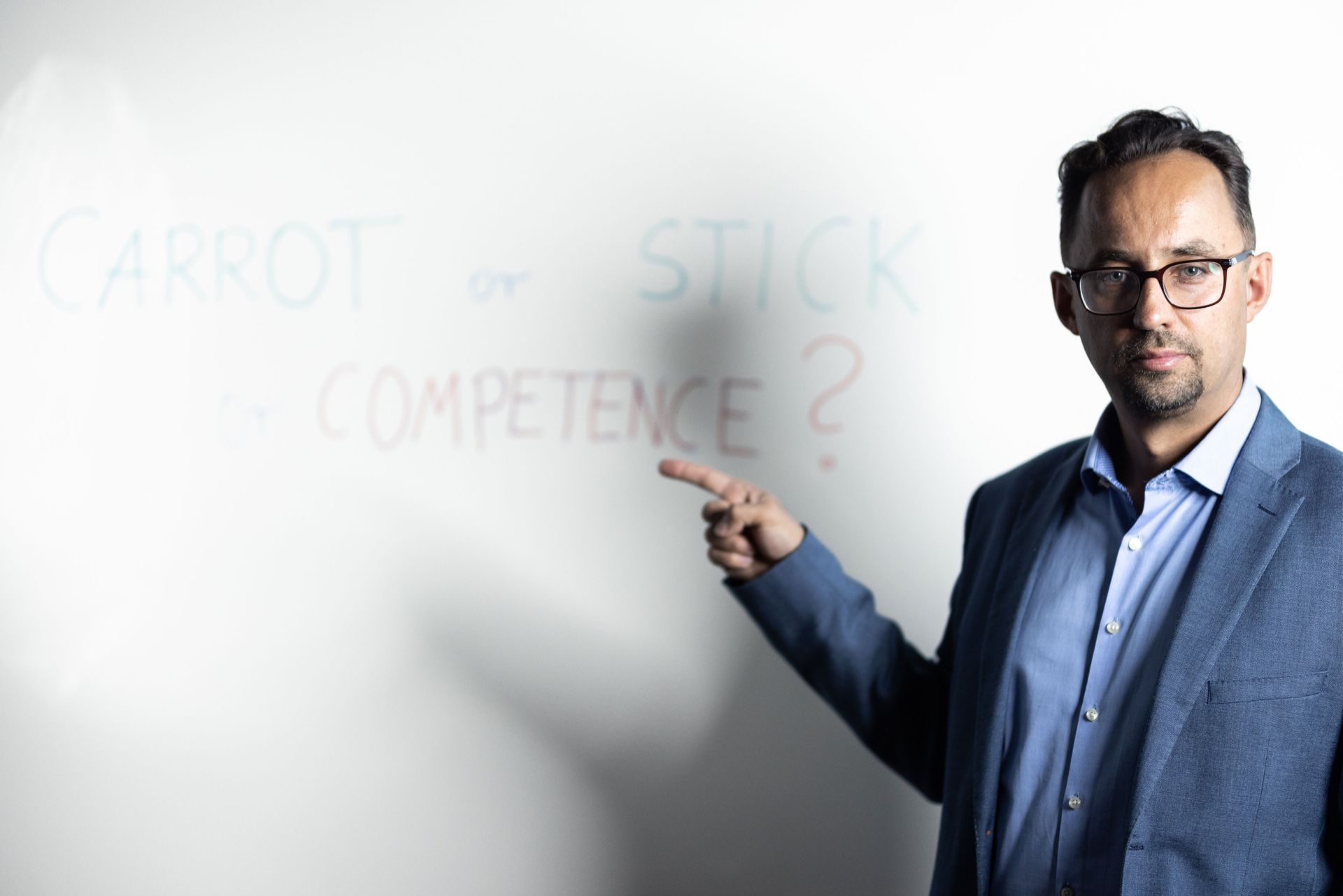 fot. Michał Łepecki, prof. dr hab. Maciej Mitręga
Our research suggests that SMEs can effectively boost their economic results in cooperation with larger strategic partners by relying on specific skills that can be developed in different management areas. On the one hand, as they enter into asymmetric power relations with large foreign buyers, SMEs should adapt to their requirements, because this is the only way to learn, i.e. shore up their skills and assets in the area of management and production technology. On the other, they should strive to strengthen their independent position within international supply chains, which requires the ability to diversify their buyer portfolio over time by actively searching for new partners and reassessing existing relationships. Our research suggests that this ability is severely limited in situations of market crisis, especially for service providers who have not yet built a recognisable brand. However, even then, their economic position vis-à-vis large players can still be enhanced via effective negotiation skills. Our research suggests that SMEs should develop different skillsets at different stages of their international market activities. Initially, their focus should be on meeting the requirements of strategic buyers; over time, however, they should move on to invest in their own brand and technology, which may gradually improve their position in international supply chains.
fot. Michał Łepecki, prof. dr hab. Maciej Mitręga
Our research suggests that SMEs can effectively boost their economic results in cooperation with larger strategic partners by relying on specific skills that can be developed in different management areas. On the one hand, as they enter into asymmetric power relations with large foreign buyers, SMEs should adapt to their requirements, because this is the only way to learn, i.e. shore up their skills and assets in the area of management and production technology. On the other, they should strive to strengthen their independent position within international supply chains, which requires the ability to diversify their buyer portfolio over time by actively searching for new partners and reassessing existing relationships. Our research suggests that this ability is severely limited in situations of market crisis, especially for service providers who have not yet built a recognisable brand. However, even then, their economic position vis-à-vis large players can still be enhanced via effective negotiation skills. Our research suggests that SMEs should develop different skillsets at different stages of their international market activities. Initially, their focus should be on meeting the requirements of strategic buyers; over time, however, they should move on to invest in their own brand and technology, which may gradually improve their position in international supply chains.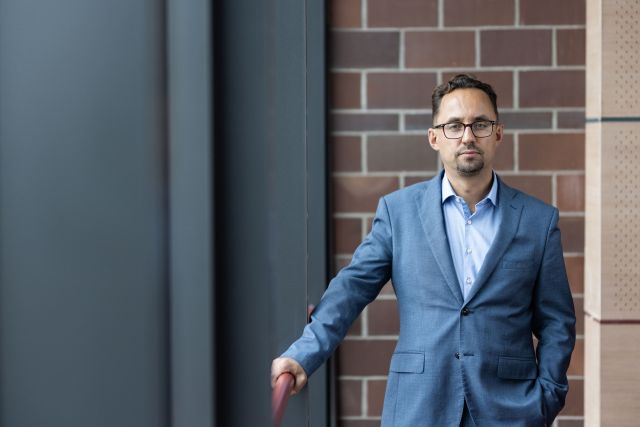

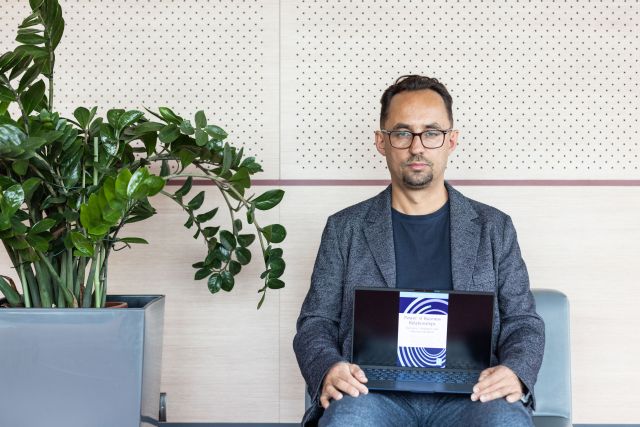
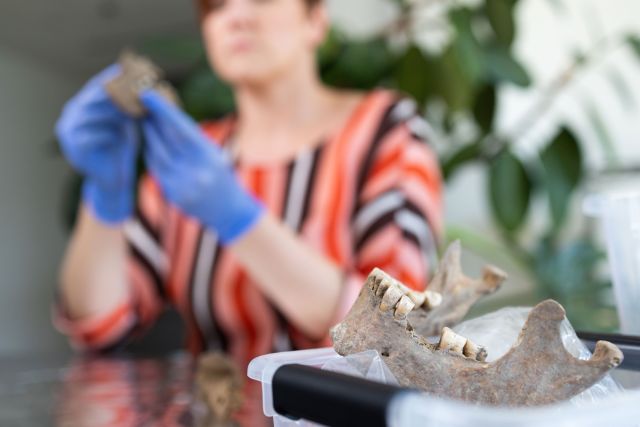
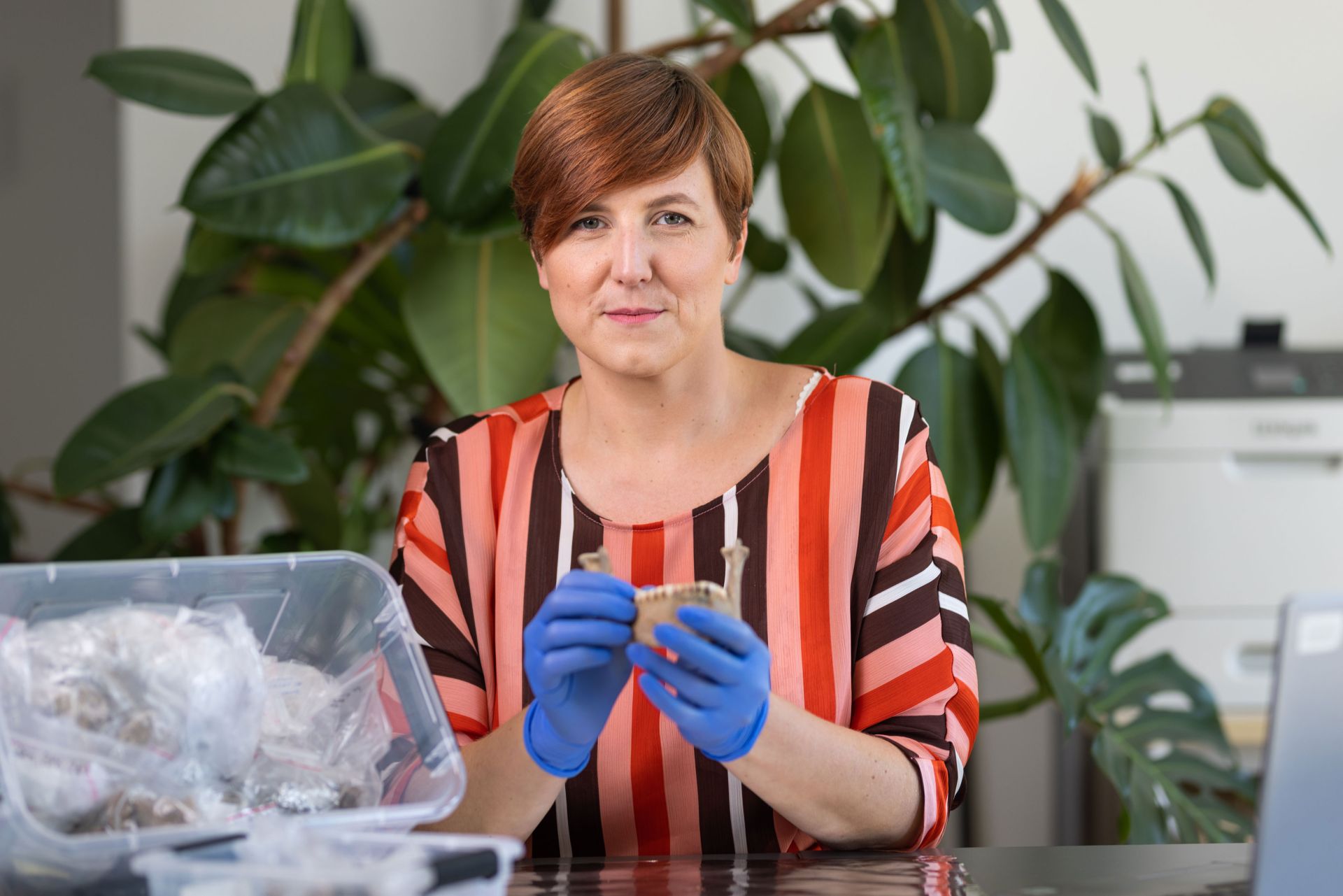
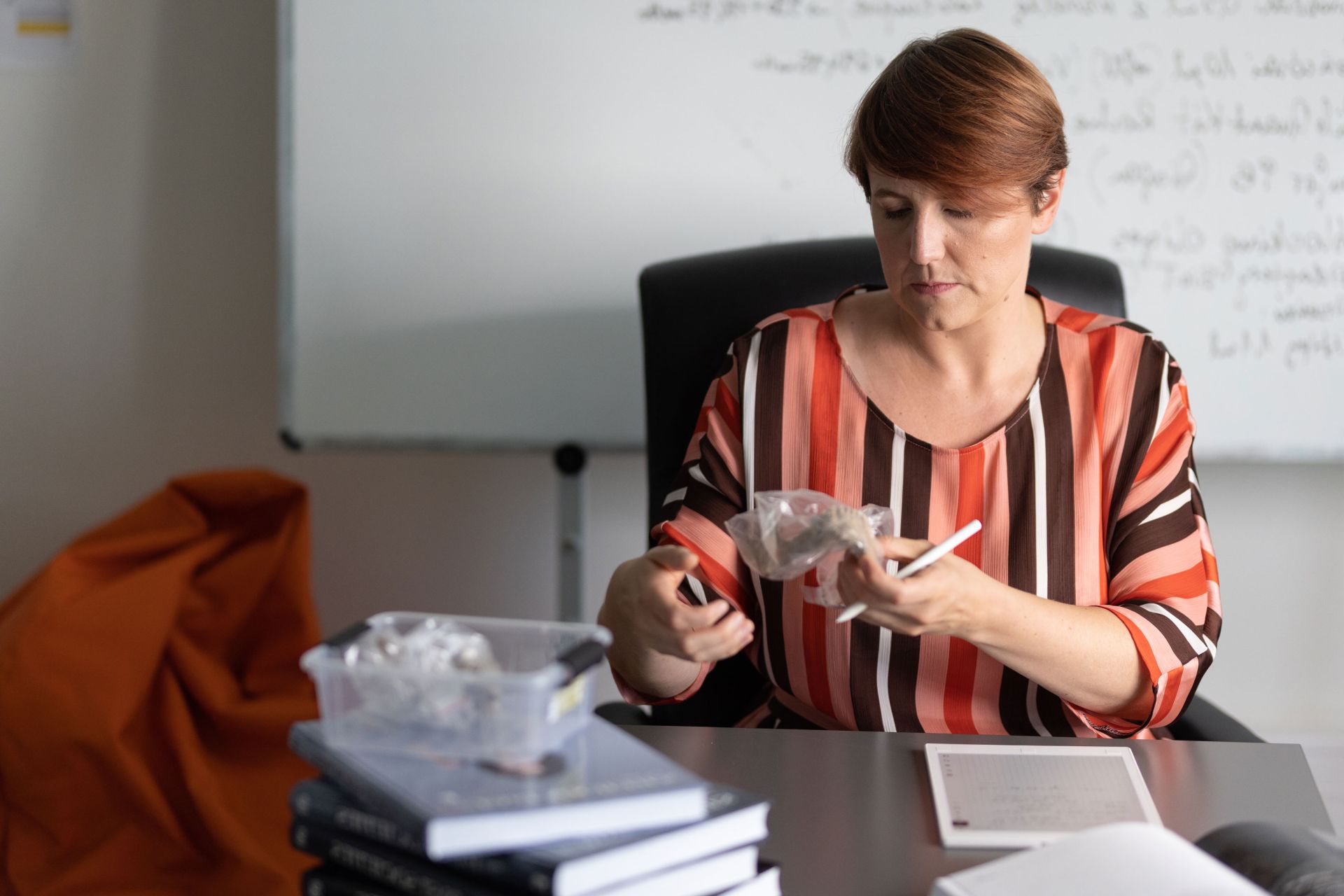
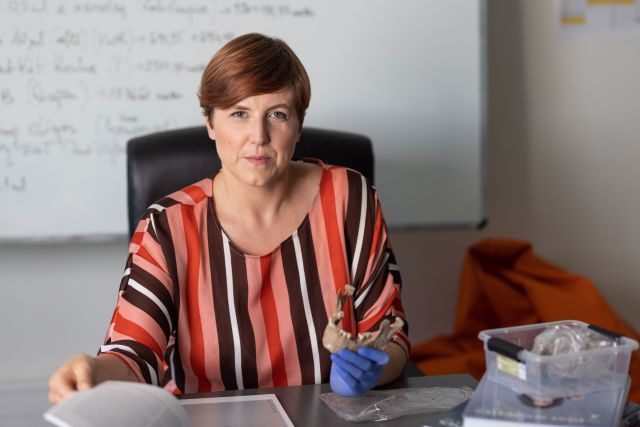
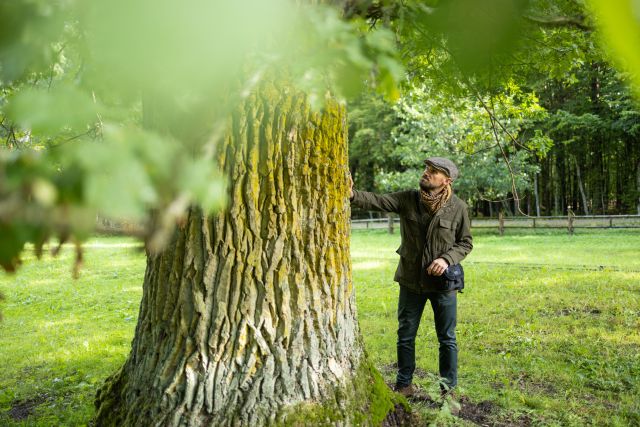
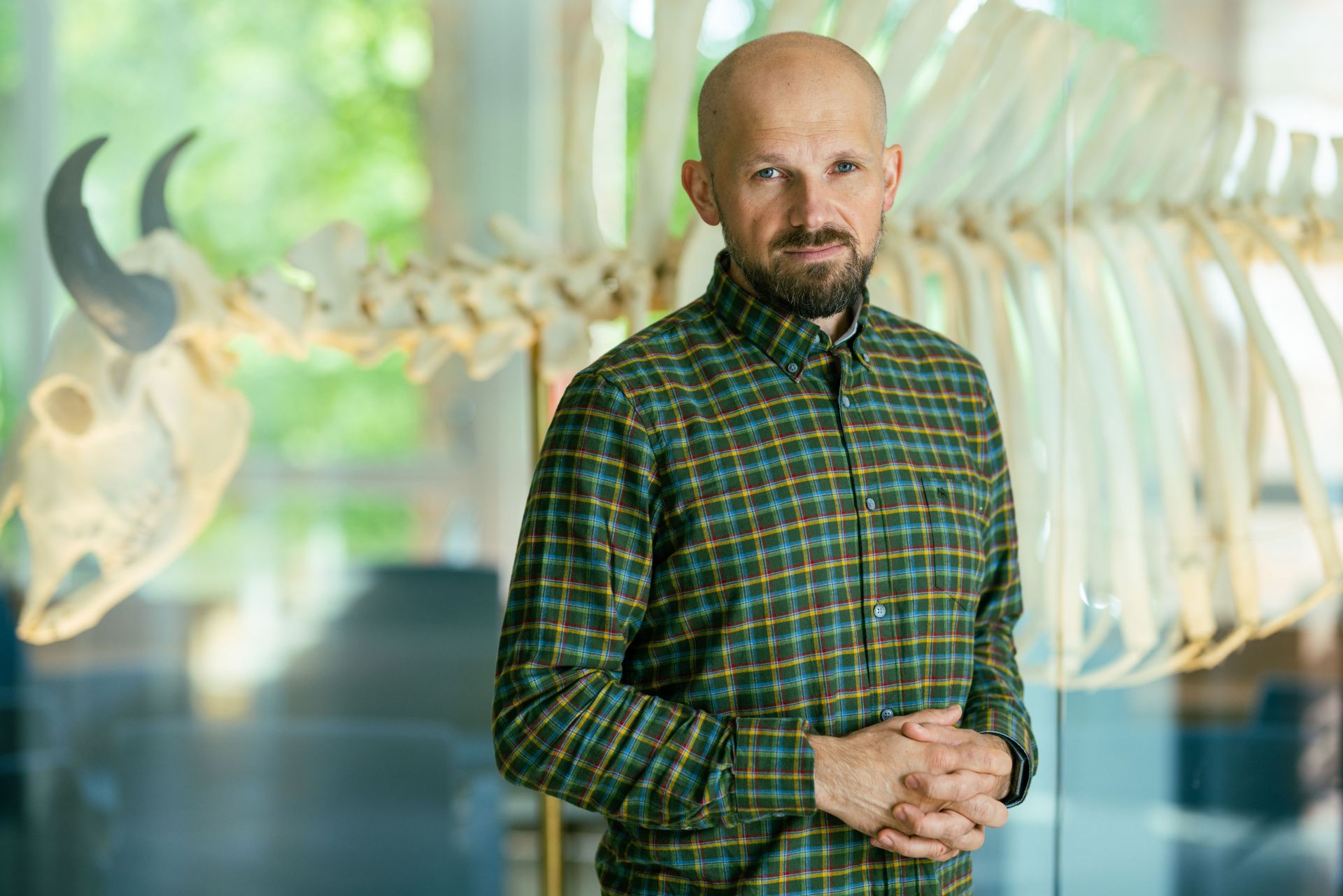
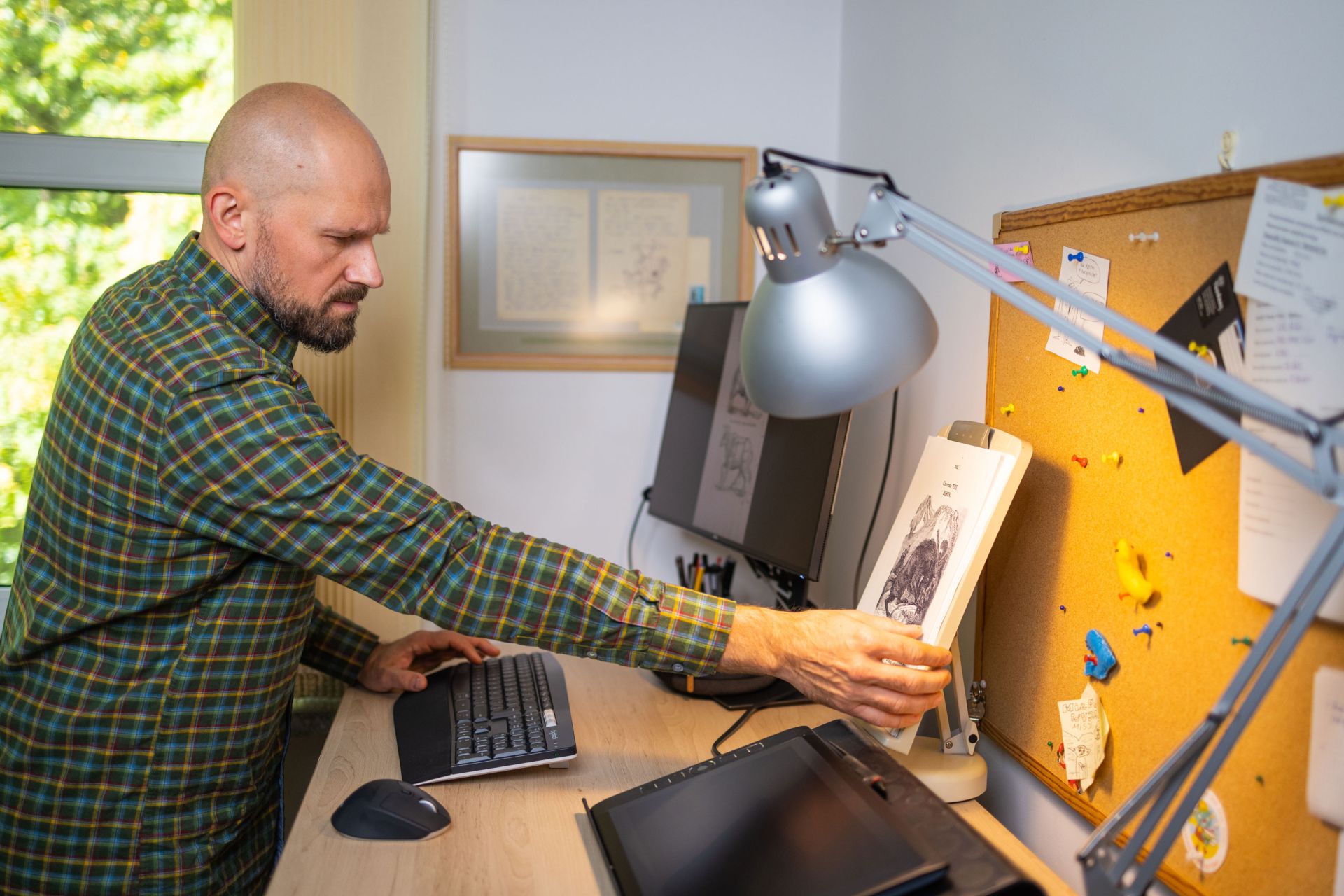
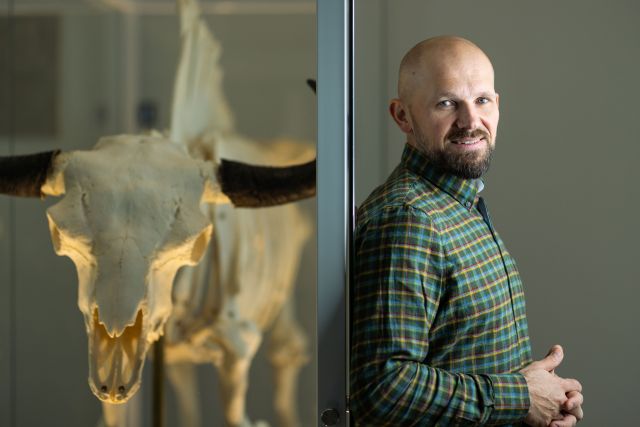


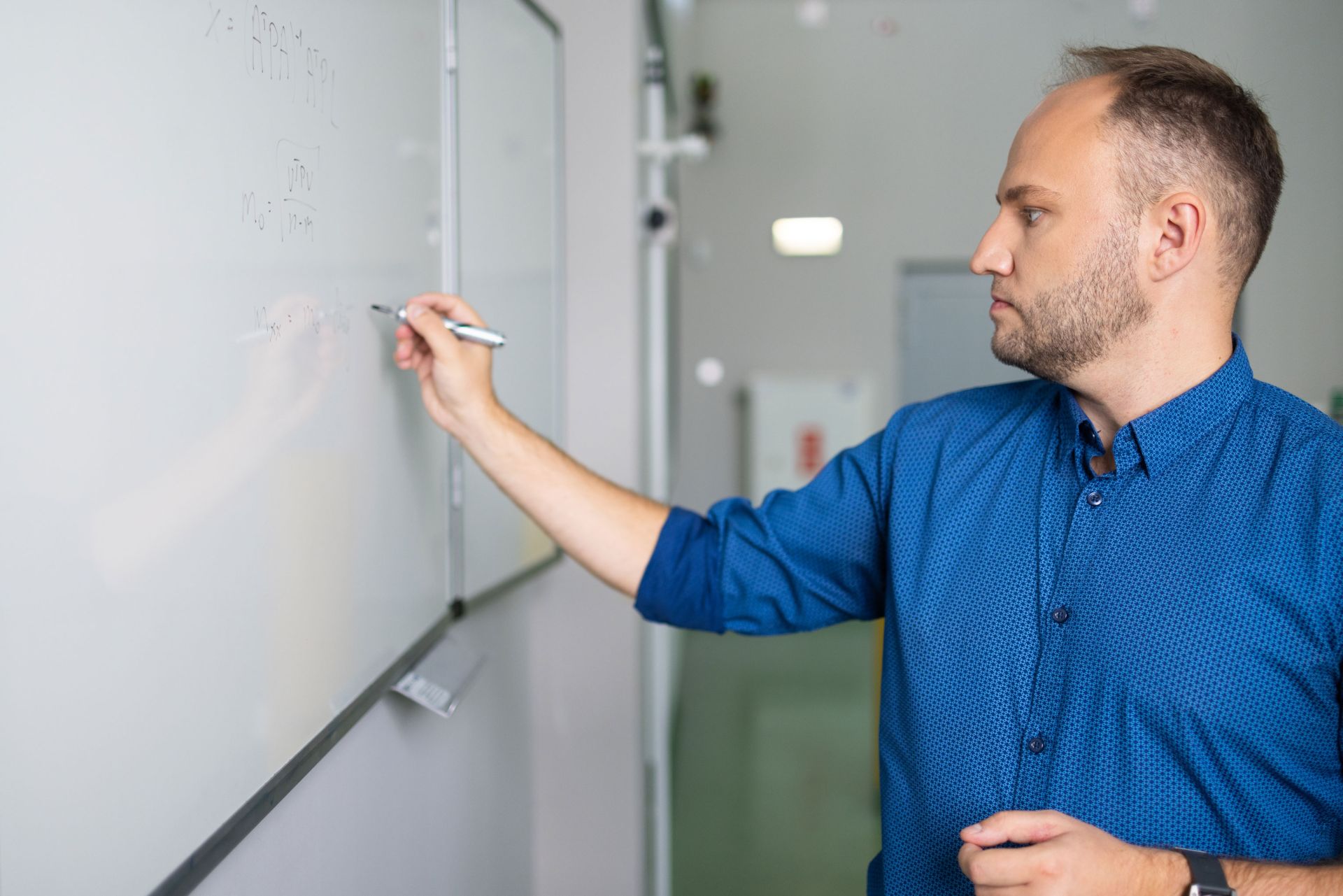
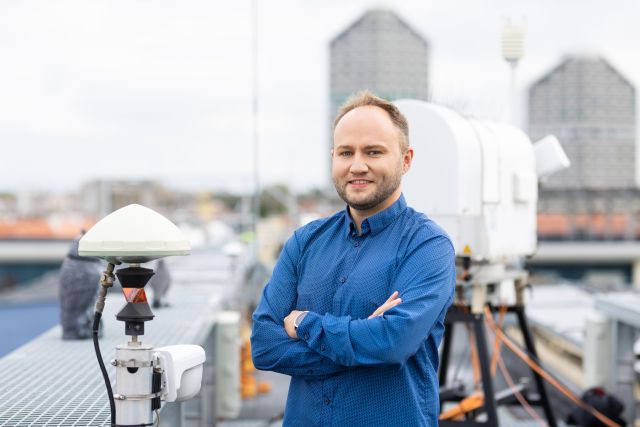
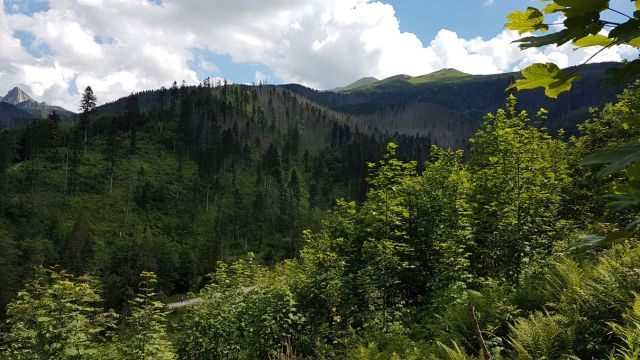
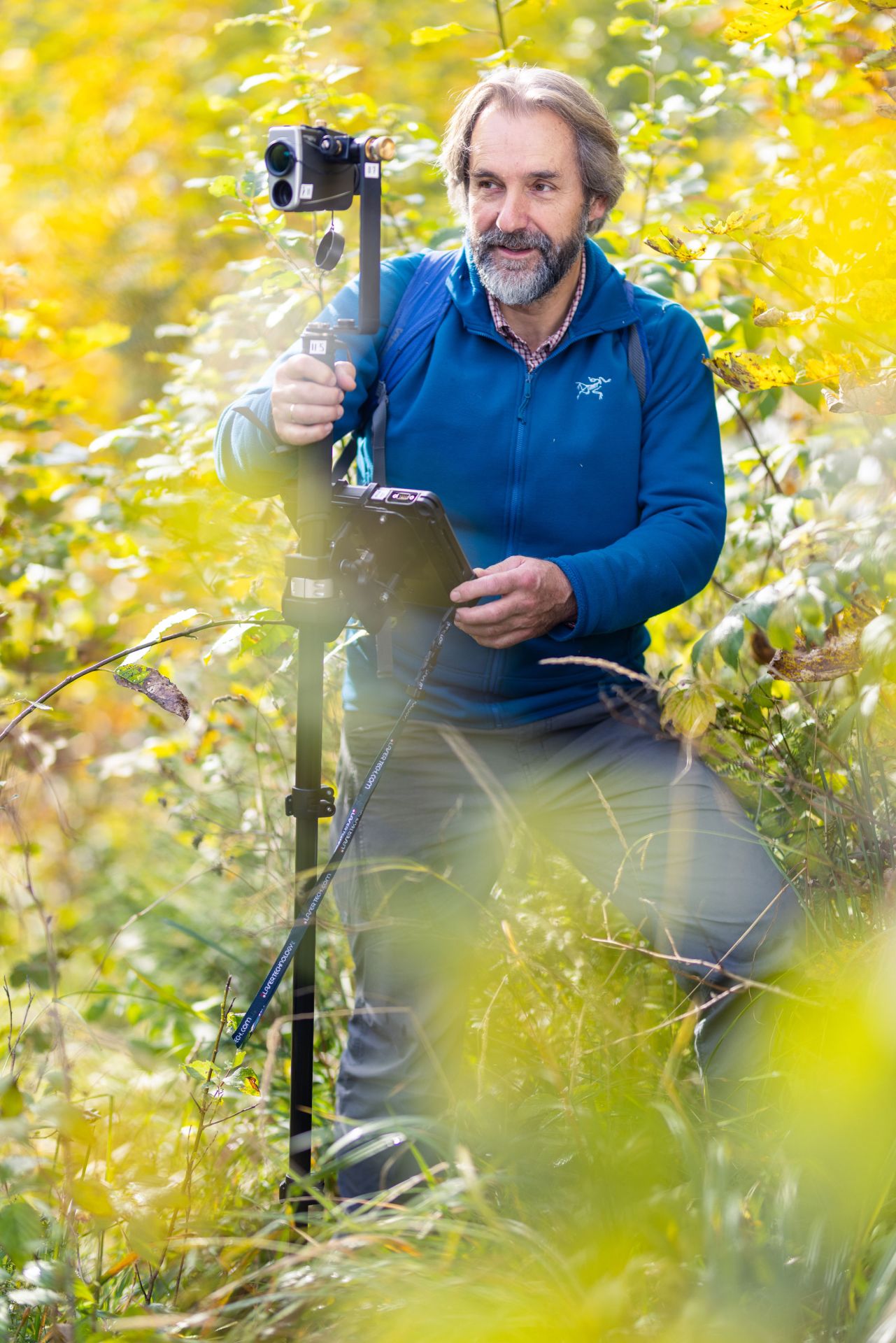
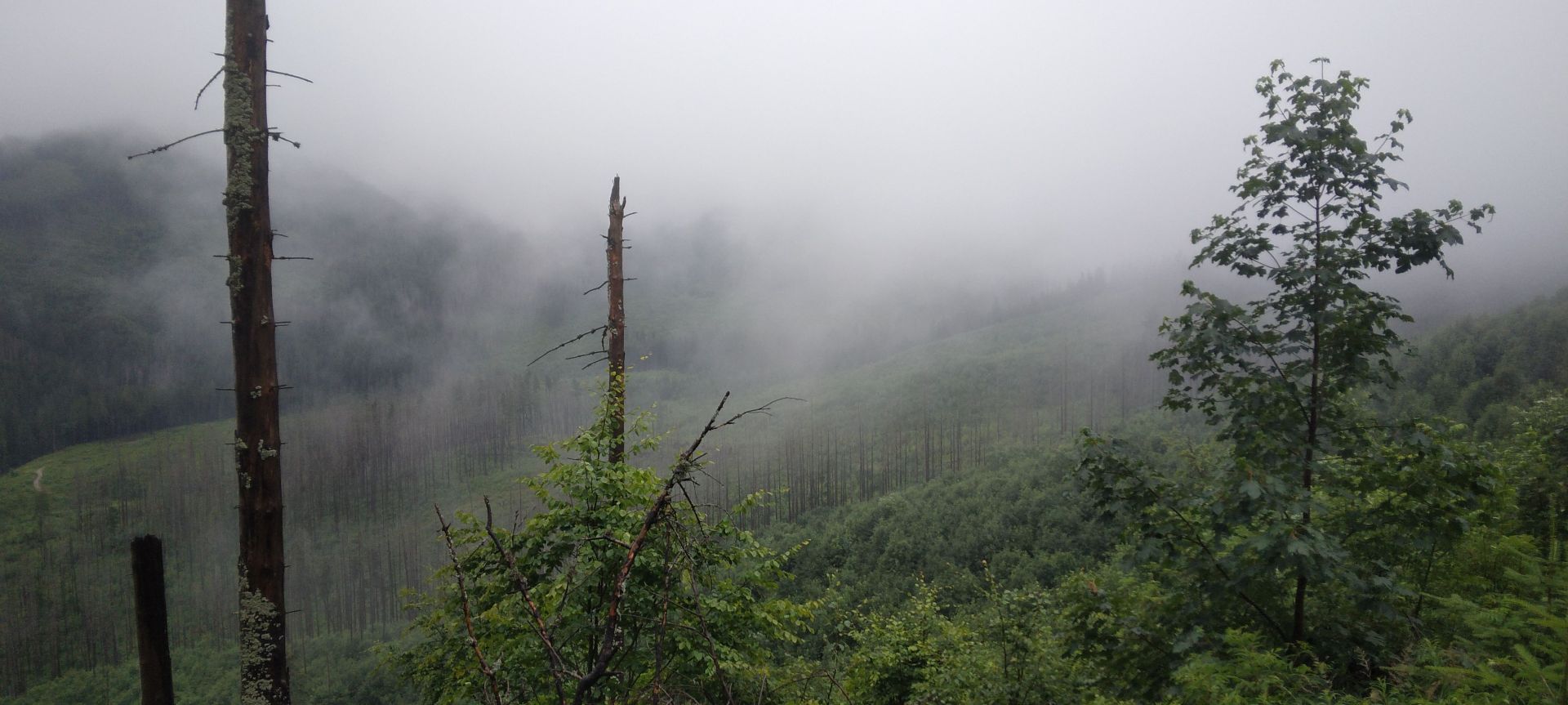
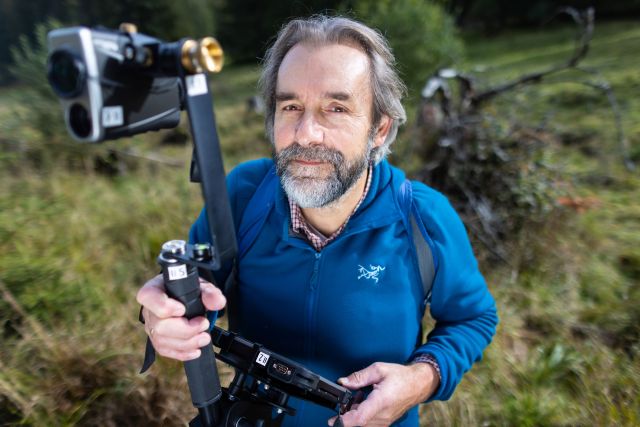
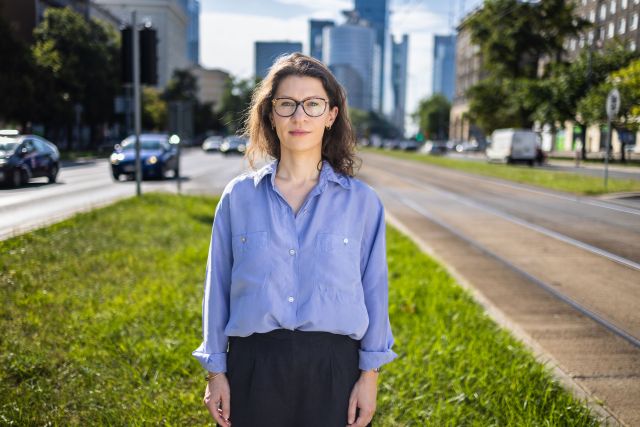
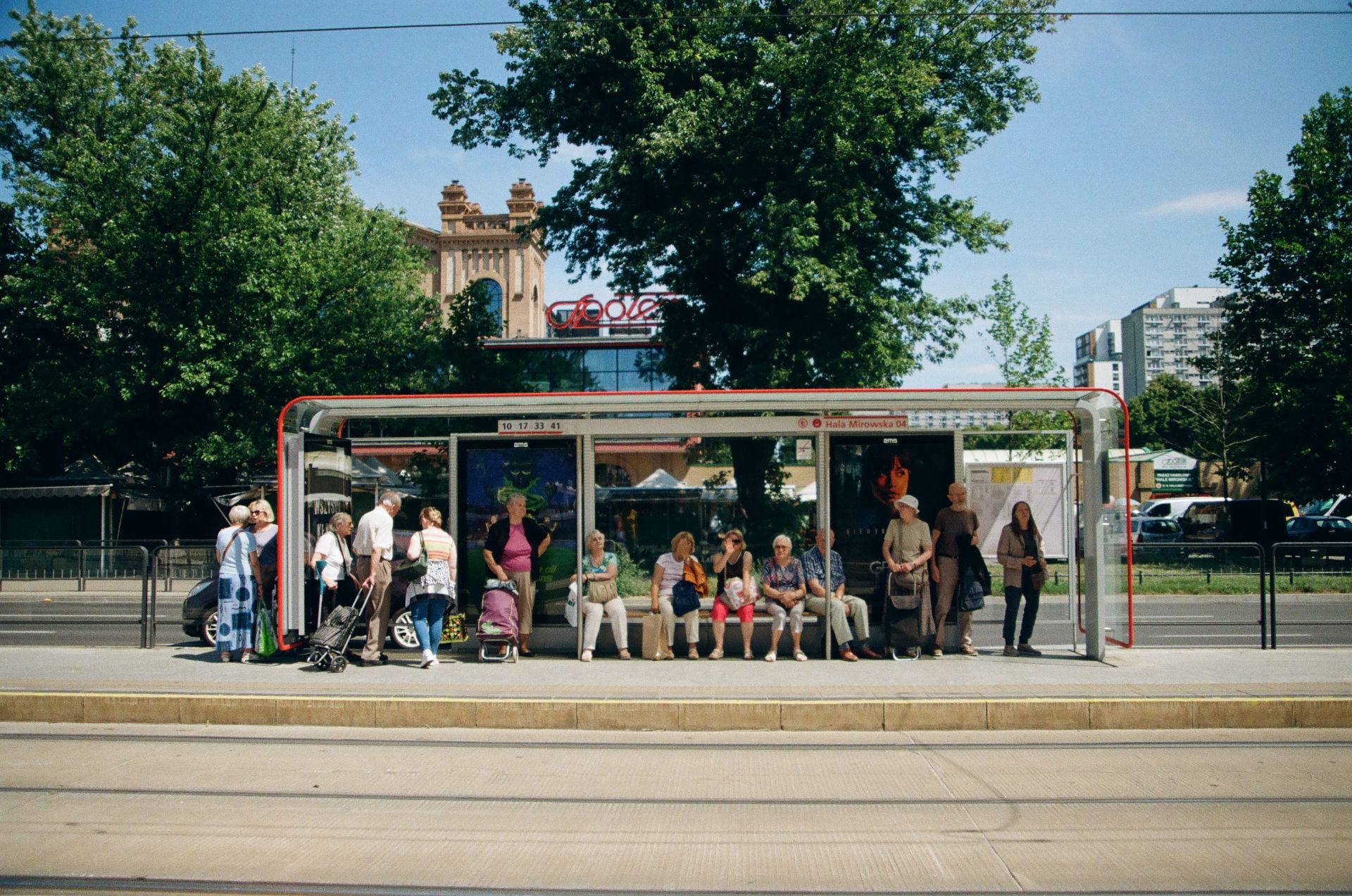
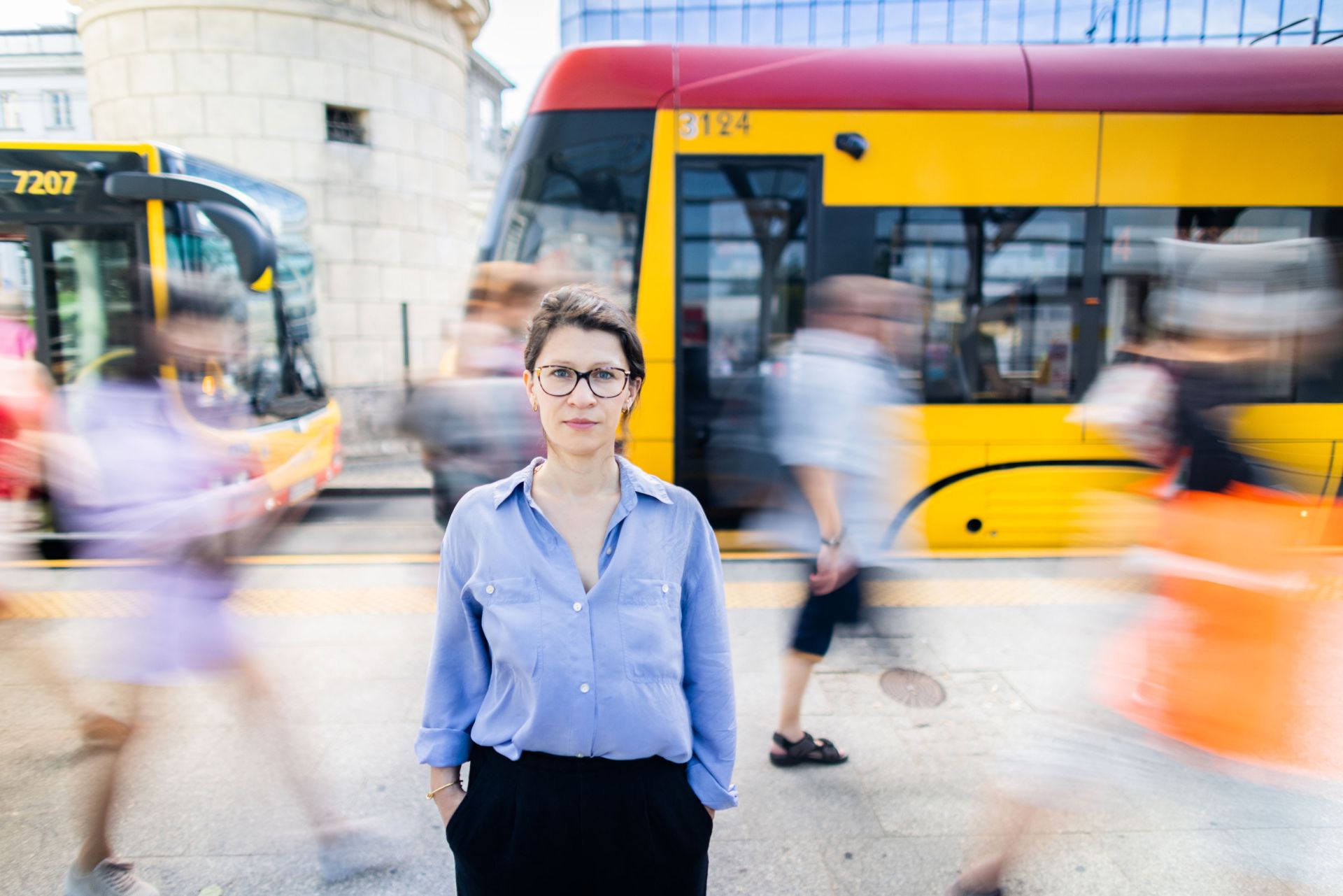
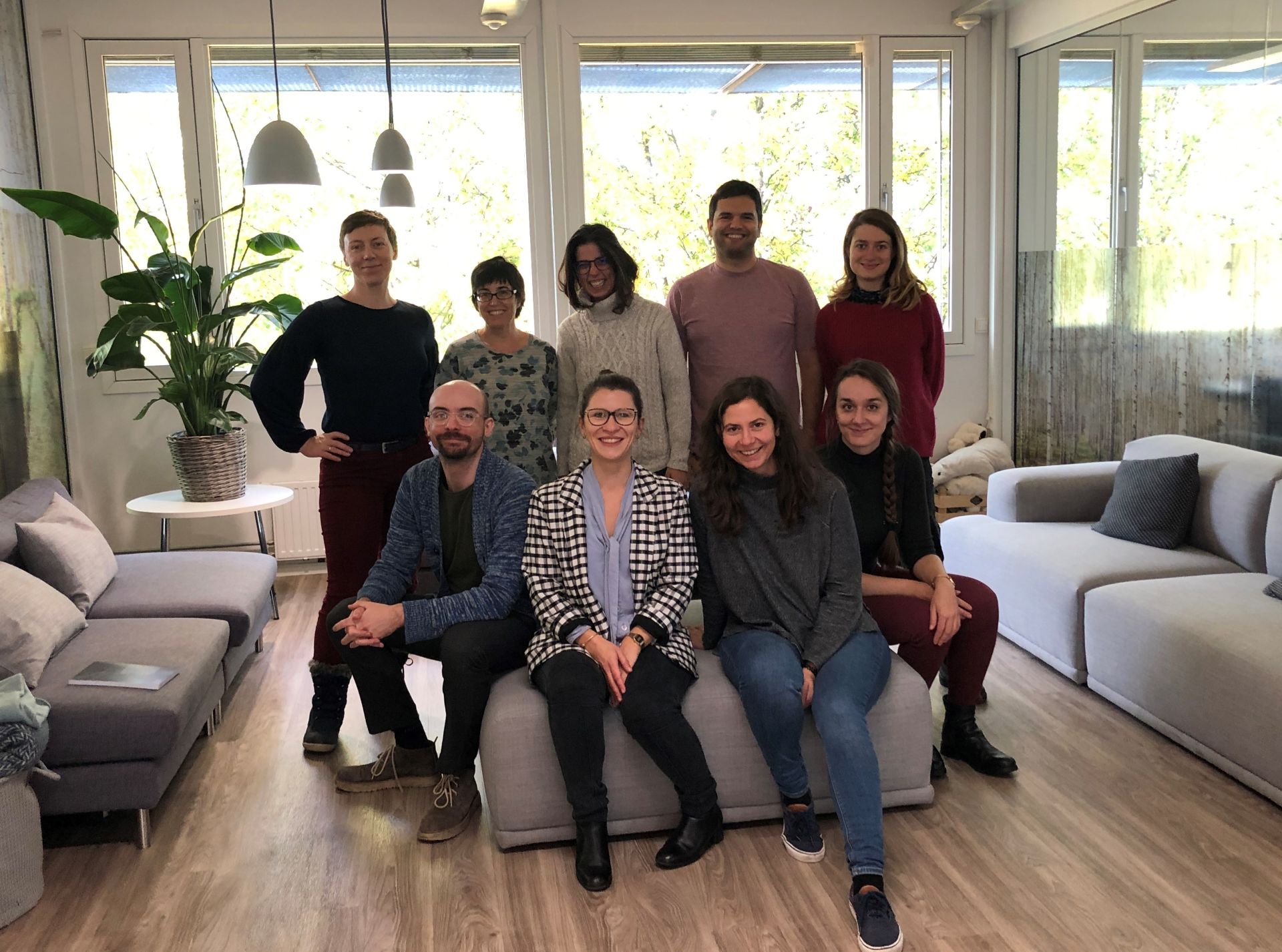
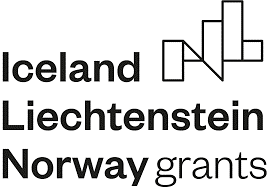
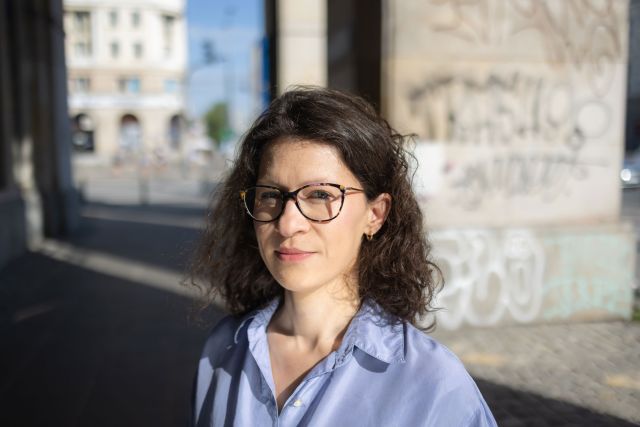
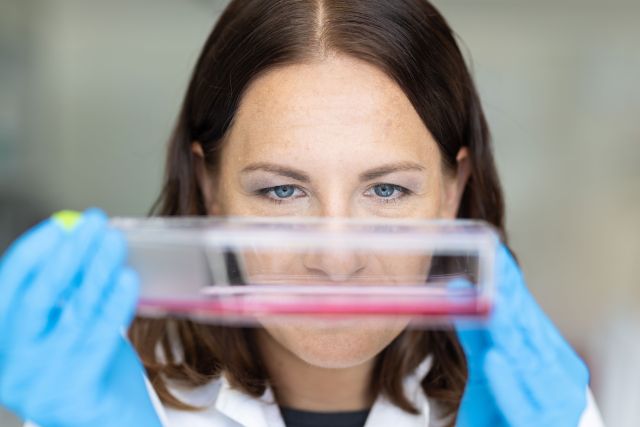
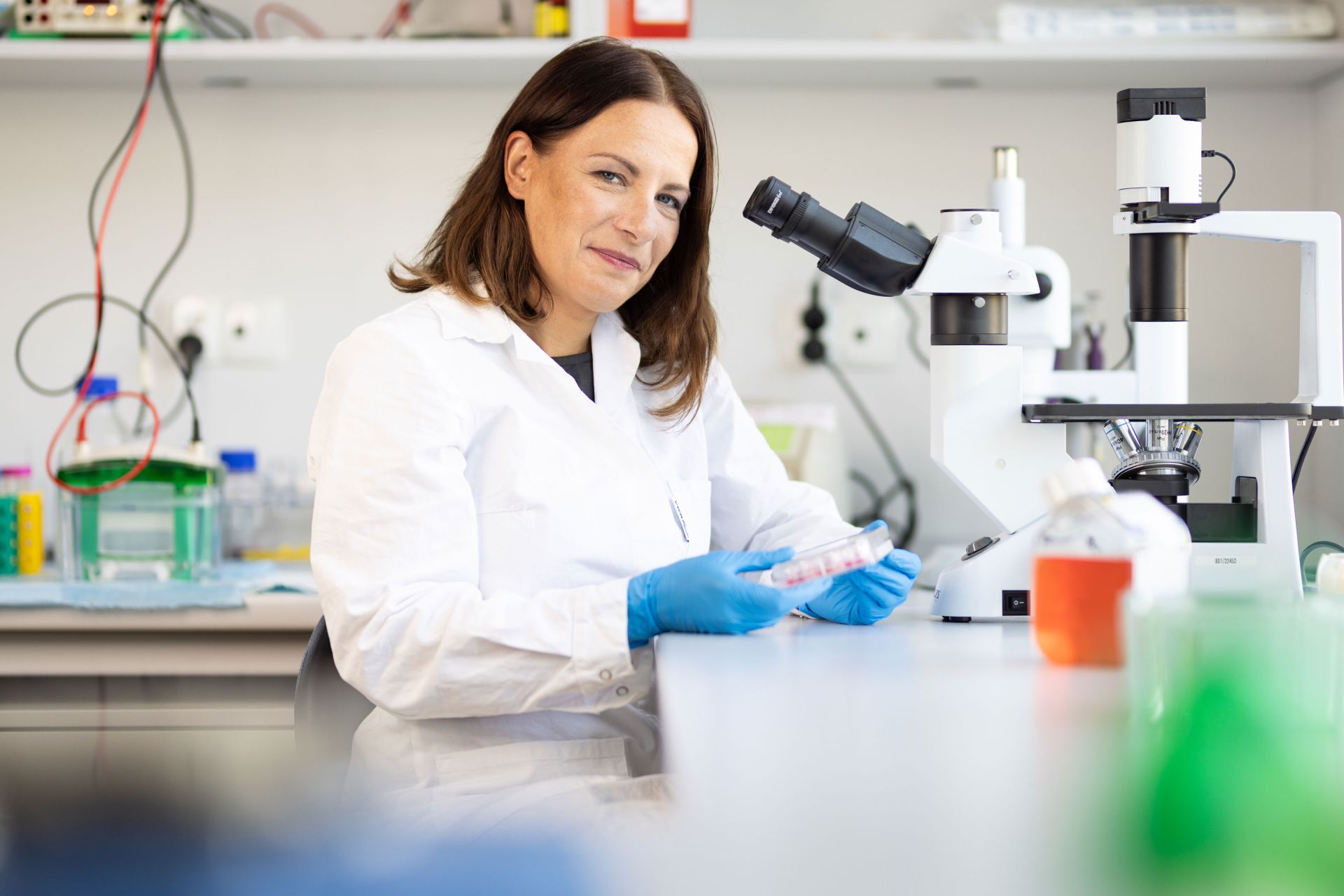
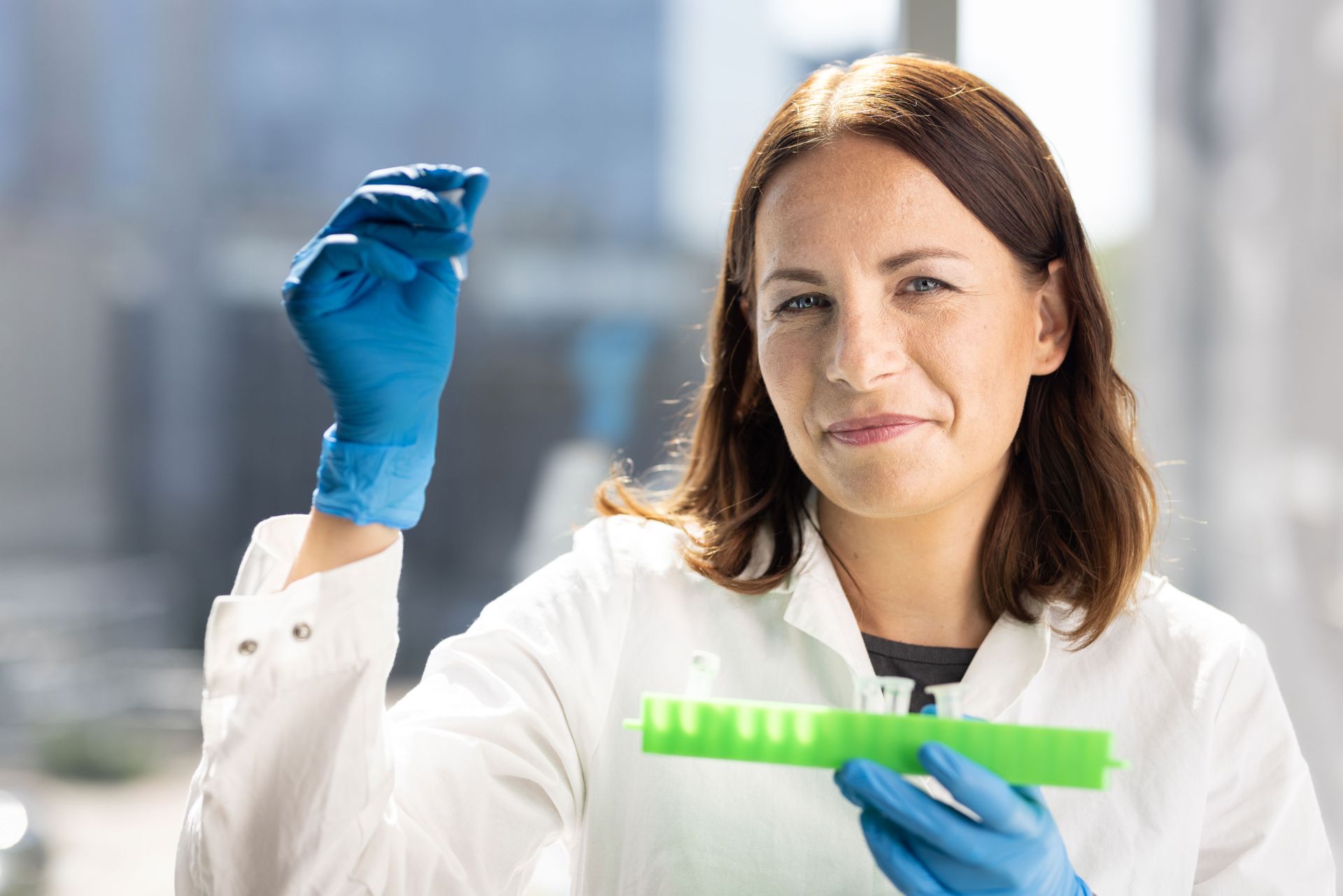
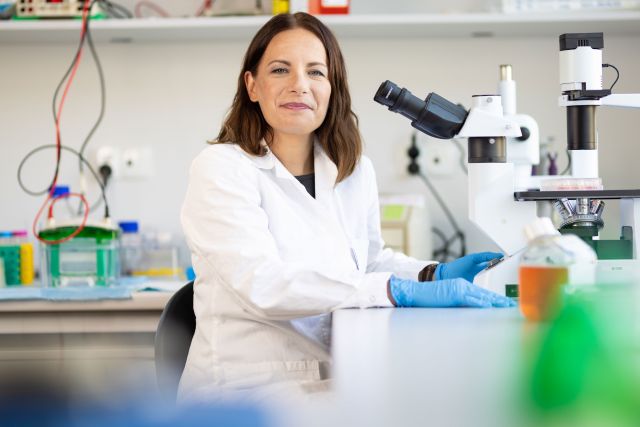
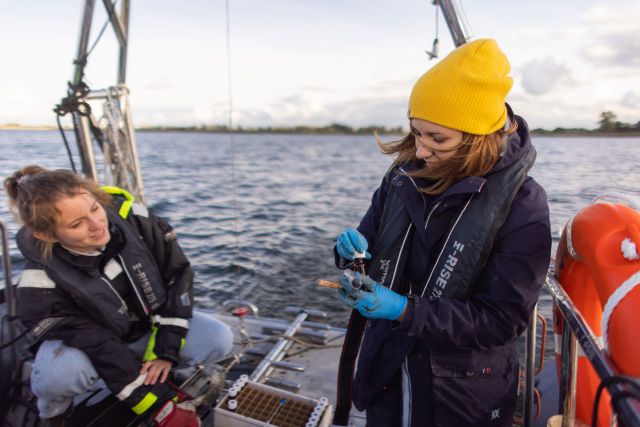
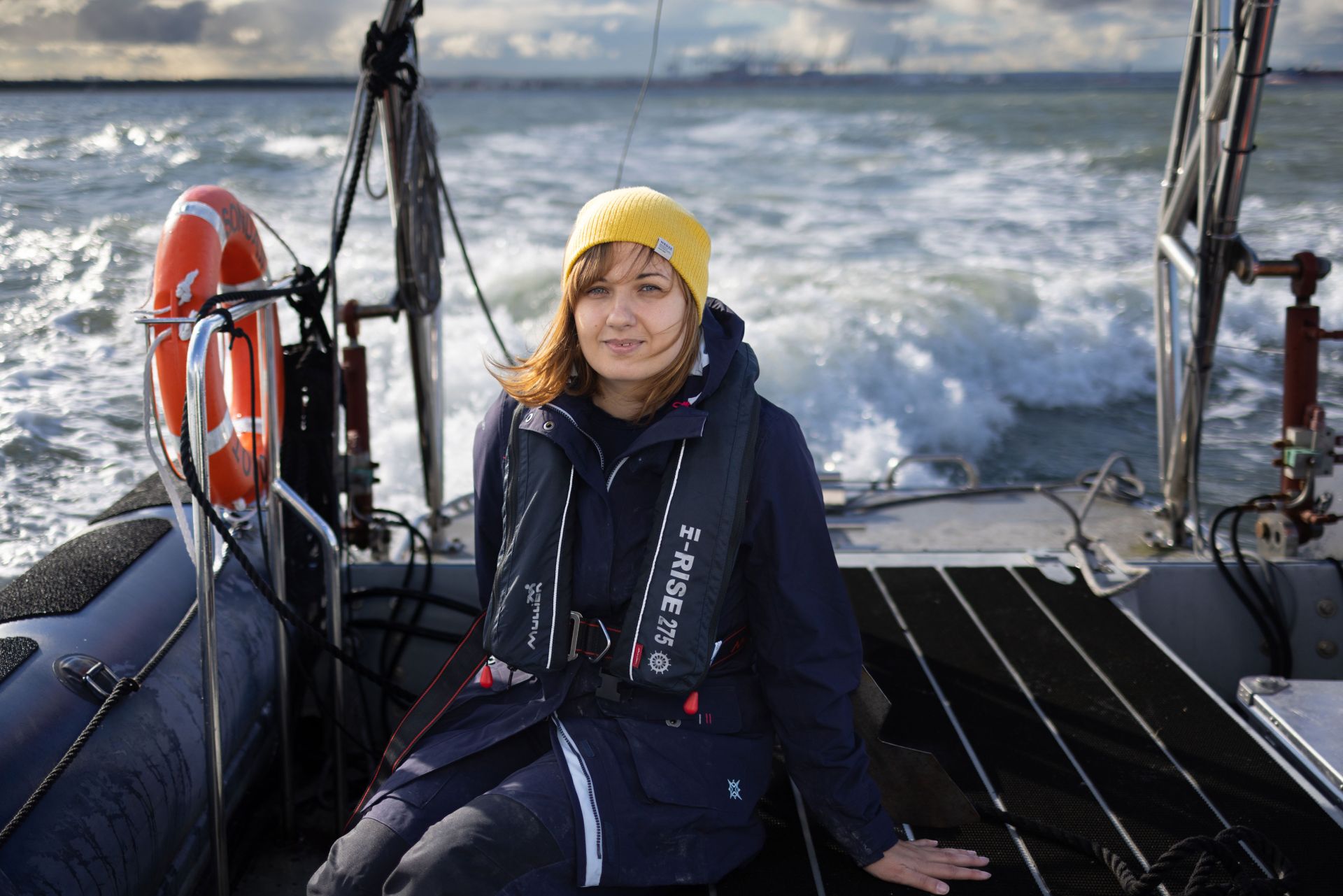
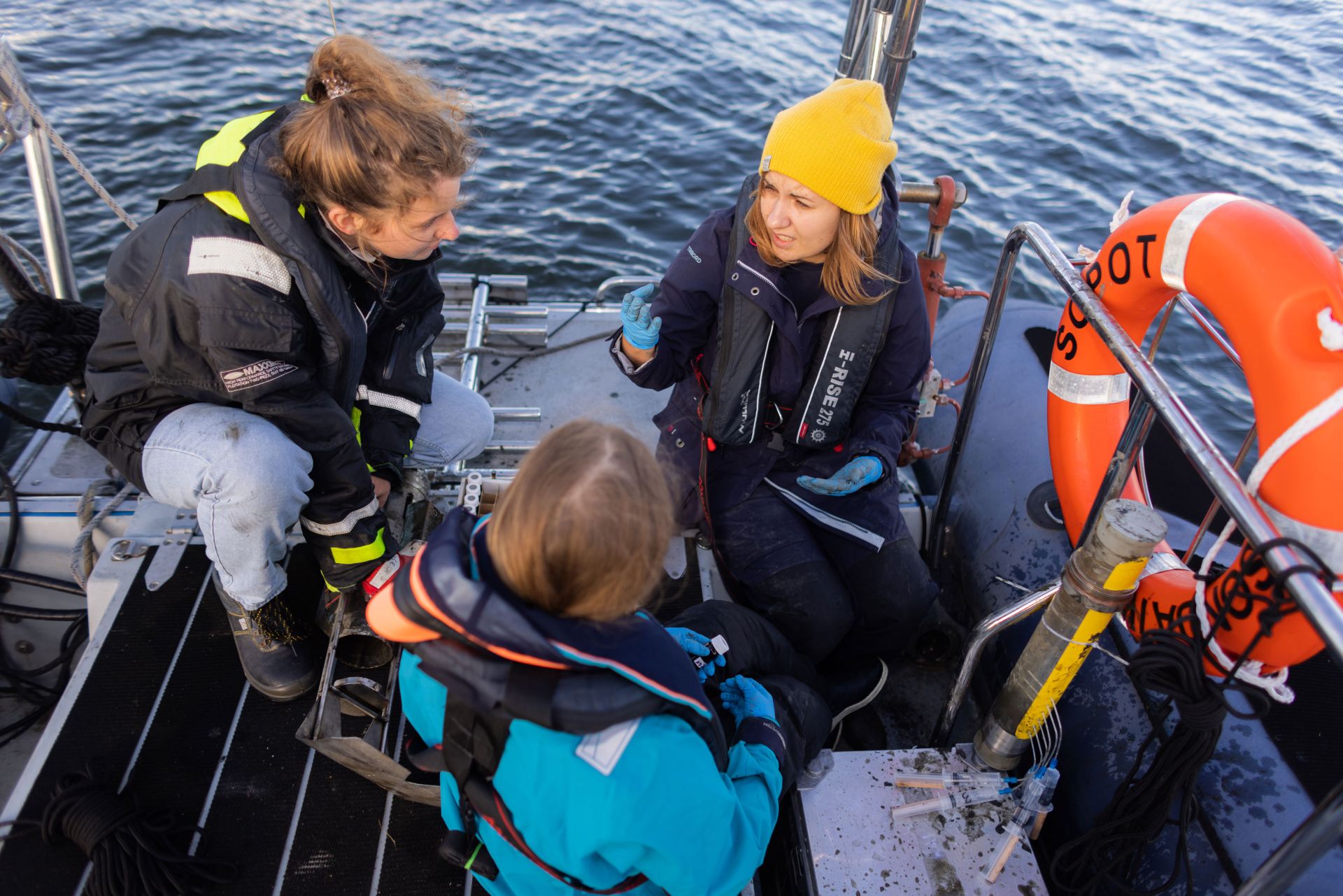
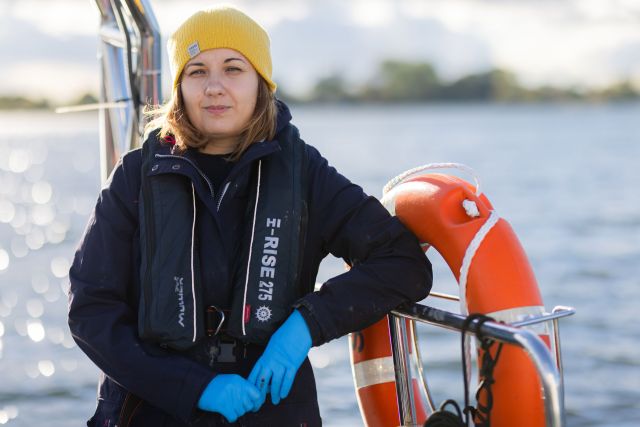
 Who may apply for NCN funding?
Who may apply for NCN funding? Who may act as a principal investigator?
Who may act as a principal investigator? What are the subjects covered by the call?
What are the subjects covered by the call? What is the project duration period?
What is the project duration period? What are the positions for members of the research team?
What are the positions for members of the research team? How should the project budget be planned?
How should the project budget be planned? Open Access publication of research results
Open Access publication of research results Can proposals in this call include application for state aid?
Can proposals in this call include application for state aid? What is the proposal evaluation procedure?
What is the proposal evaluation procedure? Who performs the merit-based evaluation of proposals?
Who performs the merit-based evaluation of proposals? When and how will the results be announced?
When and how will the results be announced? Where can additional information be found?
Where can additional information be found?